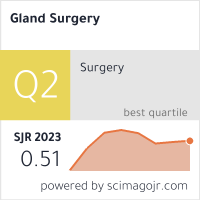EVALUATING THE KNOWLEDGE AND ATTITUDES OF NURSES TOWARD PICC CARE BEFORE AND AFTER SPECIALIZED TRAINING IN DAMMAM HEALTH NETWORK (DHN) IN THE KSA
Abstract
Peripherally Inserted Central Catheters (PICC) are essential for administering long-term intravenous therapies, but their effective management depends heavily on nurses' knowledge, attitudes, and practices. Insufficient training in PICC care can lead to complications such as infections, thrombosis, and occlusions, underscoring the need for targeted educational programs. This study evaluated the impact of a specialized training program on nurses’ knowledge and attitudes toward PICC care, aiming to enhance competencies, improve patient outcomes, and reduce complications. Using a quasi-experimental pre- and post-test design, 180 registered nurses from Dammam Health Network participated in a six-session, two-week training program combining theoretical and practical components of PICC care. Pre- and post-test assessments revealed significant improvements in knowledge and attitudes (p < 0.05), with notable gains in understanding aseptic techniques (63.3% to 87.2%, p=0.001), flushing protocols, and infection prevention. Participants also expressed greater readiness for ongoing education, demonstrating the program’s success in fostering continuous learning. The findings highlight the critical role of specialized training in enhancing nurses' clinical competency, improving patient care, and minimizing PICC-related complications, emphasizing the importance of regular, tailored educational interventions.





